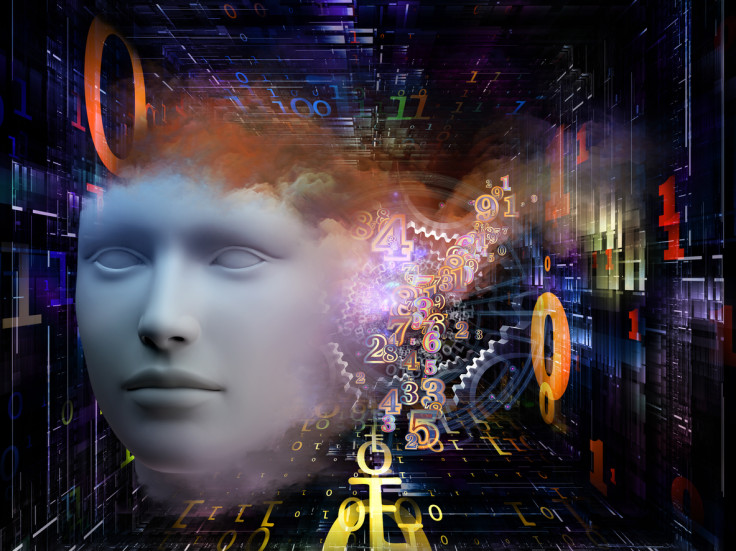Is there such thing as a hardwired instinct?
Instincts could simply be evolutionary echoes of what our ancestors learned the hard way.
What came first, instinct or the ability to learn? The traditional view is that instinct is more primitive and was an earlier step in animals' evolution. Now evolutionary biologists are proposing to turn this on its head, arguing instead that the ability to learn came first, and was what allowed instincts to evolve.
Instincts are often viewed as being 'hardwired' in our DNA. These are behaviours like fish swimming, birds migrating or bees building hives. These animals don't have to learn how to do these behaviours, they are innate.
But how do they come to be innate in the first place? Gene Robinson, director of Carl R. Woese Institute for Genomic Biology in the US, argues that instincts evolved from learned behaviours.
"The view that instincts are primitive lulls all of us in the sense that they are just hardwired and we understand it all. When one steps back and sees the magnificence of many of these instincts, it really raises questions about those assumptions," Robinson told IBTimes UK.
When an organism learns something, it can result in changes to its DNA. Not direct changes to the genetic code itself, but to the packaging that the DNA comes in. These changes are 'epigenetic', which literally means 'above genetic'. Epigenetic changes can alter how a gene is expressed.
For example, when a mouse has a frightening experience, it leads to epigenetic changes in the DNA of some of the mouse's brain cells. These epigenetic changes help the mouse to remember the experience and establish new behavioural responses, Robinson writes in an article in the journal Science. This is an example of how epigenetics is involved in the process of learning.
Epigenetic changes can even be passed down from parent to offspring. For example, epigenetic changes in rats caused by exposure to the fungicide Vinclozolin can be passed down for three generations.
If these epigenetic changes could somehow become written into the DNA, then evolution could do its work, and what was originally a learned response becomes instinct.
"One could imagine natural selection acting to shape a situation so that the connection happens earlier and earlier in the life of the animal, before it even encounters a particular stimulus," Robinson said.

The theory has some bizarre connotations – would it be possible to have an animal that can learn but has no instincts? Robinson thinks that it could happen.
"We imagine this could happen in terms of the evolution of behaviour in general – and so one could imagine this scenario in ancient times but we could also look for it in modern times," he said.
But there's not yet any known mechanism that can write epigenetic changes into the DNA code. "We don't know how this might happen – epigenetics is a young science. Its reach, if you will, is still being determined."
If correct, this hypothesis means that our so-called hardwired instincts are in fact just ancient behaviours learned by our ancestors that got written into our genes. Even if this is not correct and instincts didn't arise from learning, the two behaviours could be woven more closely than has often been appreciated, and the relationship between the two could be worth another look.
© Copyright IBTimes 2025. All rights reserved.






















